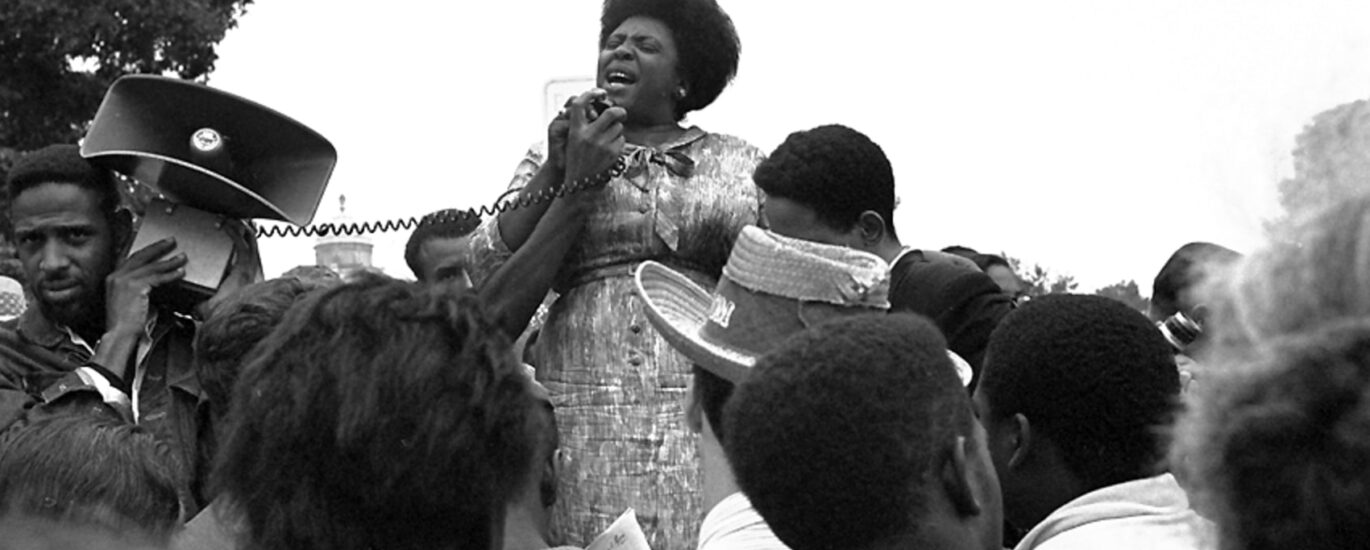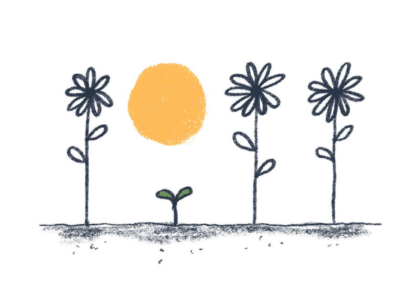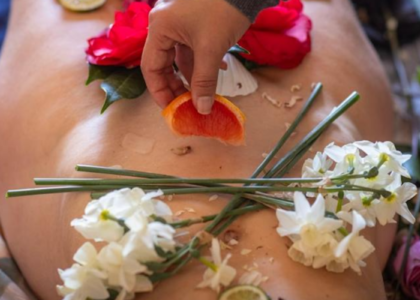ain’t i a woman
“No history books used in public schools informed us about racial imperialism. Instead we were given romantic notions of the “new world,” the American dream, America as the great melting pot where all races come together as one.”
bell hooks
The Book
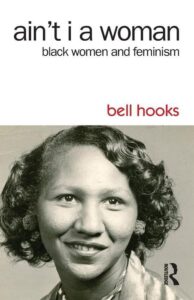
ain’t i a woman: black women and feminism was written in 1981 by bell hooks, during her undergraduate studies at Stanford. The book is titled after Sojourner Truth’s 1851 “Ain’t I a Woman?” speech. In Ain’t I a Woman, hooks examines the effect of racism and sexism on Black women, the civil rights movement, and feminist movements of the 20th century. She argues that sexism and racism together during slavery contributed to Black women having the lowest status and worst conditions of any American demographic. bell hooks additionally argues that the stereotypes that were set during slavery still affect Black women today, and that white society’s stereotyping of Black women as promiscuous devalued Black femininity and enabled violence against them. Furthermore, hooks writes about how the “feminist movement” did not include the needs of poor and non-white women, thus reinforcing sexism, racism, and classism. For decades, Ain’t I a Woman has been critically acclaimed as groundbreaking in the study of feminist theory for discussing how the history of oppression Black women have faced in the United States still impacts modern American society.
The Author
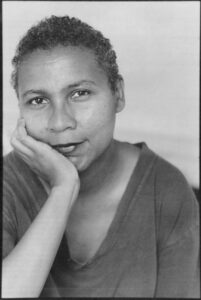
bell hooks was born as Gloria Jean Watkins on September 25, 1952 in Hopkinsville, Kentucky. bell hooks is her pen name; she adopted her maternal great-grandmother’s name and styles it in lowercase letters because she wants readers to focus on her ideas, not her personality. hooks’ was educated in racially segregated public schools, later writing that this is where she experienced education as the practice of freedom. She describes the great adversities she faced when making the transition to an integrated school, where teachers and students were predominantly white. hooks attended Stanford University, where she graduated with a degree in English in 1973. During her time as an undergrad at Stanford, bell hooks wrote ain’t i a woman: black women and feminism. She then got her master’s degree in English from the University of Wisconsin–Madison in 1976, and spent several years teaching and writing. In 1983, she completed her doctorate in literature at the University of California, Santa Cruz, writing her dissertation on author Toni Morrison. bell hooks has published more than 30 books, and has held positions as Professor of African-American Studies, English Literature, and Women’s Studies at Yale University, Oberlin College, and the City College of New York. She currently serves as a Distinguished Professor in Residence in Appalachian Studies at Berea College, in her home state of Kentucky.
“Sisterhood cannot be forged by the mere saying of words. It is the outcome of continued growth and change. It is a goal to be reached, a process of becoming. The process begins with action, with the individual woman’s refusal to accept any set of myths, stereotypes, and false assumptions that deny the shared commonness of her human experience…”
bell hooks

Our Guests: Manuela Zoninsein & Ashley Jackson

Manuela Zoninsein is a Brazilian-American passionate about accelerating the transition to a sustainable and circular economy as an entrepreneur, investor, and educator. She believes that solving for the climate crisis means identifying root causes, not just reducing emissions. Existing oppressive structures, beginning with colonialism, must be deconstructed to ensure a world where all can prosper and lead healthy, fulfilling lives. Currently, Manuela is the CEO and Founder of Kadeya, a closed-loop water vending service (think Citi Bike, for water bottles). As an angel investor, Manuela has invested in over 30 women-led companies focused on sustainability. Her interests span materials science, circularity, hardware, software, energy, and consumer.
Ashley Jackson is a neurobiologist currently residing in New York City. She is also a wife, a mom, expert foodie, and Star Trek enthusiast. Ashley hails from Baton Rouge, Louisiana.
Amy’s Takeaways

I have been recommending bell hooks’ ain’t i a woman to everyone I know. I love everything bell hooks writes, but this book was particularly valuable because it undertakes a telling of US History with Black women as its primary focus, and because in addition to the (gut-wrenching) facts, she includes incisive analysis that is still relevant and needed today. Perhaps even more than in Davis’ Women, Race, and Class, hooks’ ain’t i a woman articulates the intersections of sexism and racism extremely clearly, and with really clear and memorable examples. This is a book I recommend purchasing, reading, and passing along to others… and then buy and read more by this incredible author.
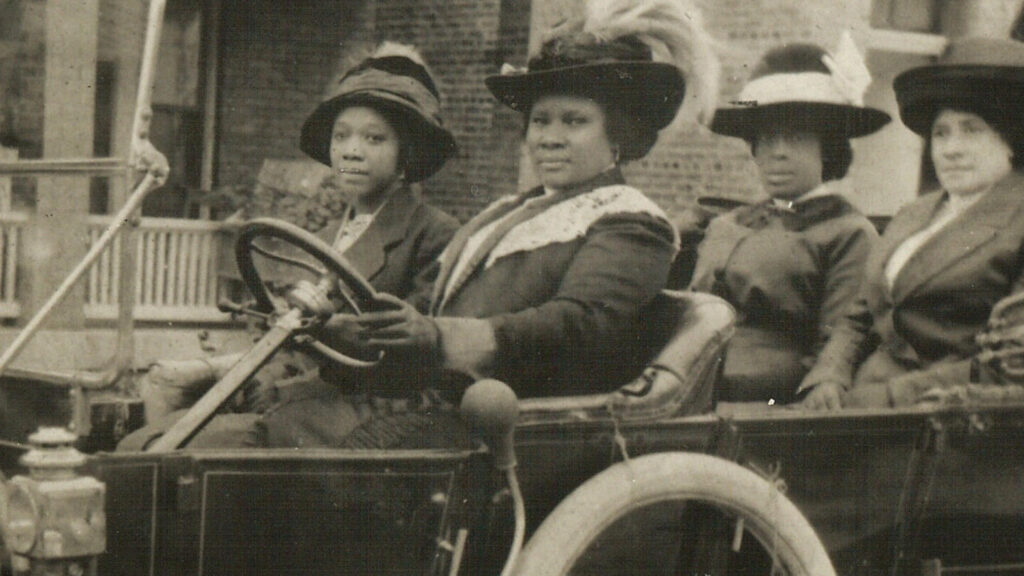
“Systematic devaluation of black womanhood was not simply a direct consequence of race hatred, it was a calculated method of social control. During the reconstruction years, manumitted black people had demonstrated that given the same opportunities as whites they could excel in all areas. Their accomplishments were a direct challenge to racist notions about the inherent inferiority of dark races. In those glorious years, it seemed that black people would quickly and successfully assimilate and amalgamate into the mainstream of American culture. White people reacted to the progress of black people by attempting to return to the old social order. To maintain white supremacy they established a new social order based on apartheid. The period in American history is commonly known as the Jim Crow or “separate but equal” years, but both phrases shift attention away from the fact that separation of the races once slavery ended was a deliberate political move on the part of white supremacists. As miscegenation represented the greatest threat to white racial solidarity, a complex system of laws and social taboos was enacted to maintain separation of the races.”
bell hooks
Listen to the Episode
&
Share your Comments with us below!

